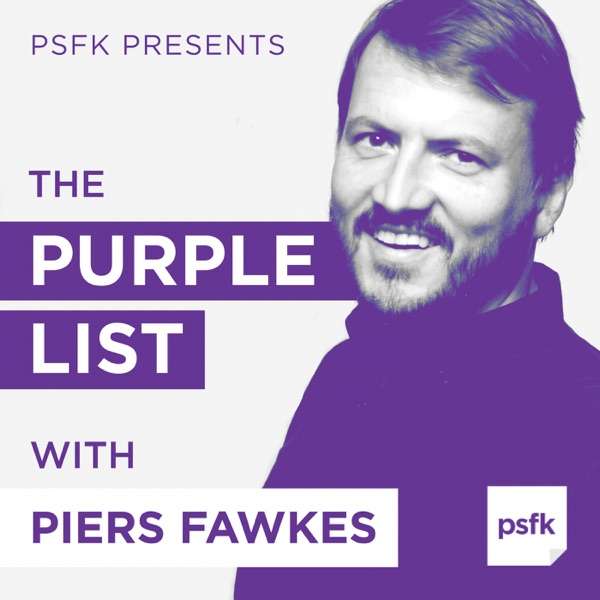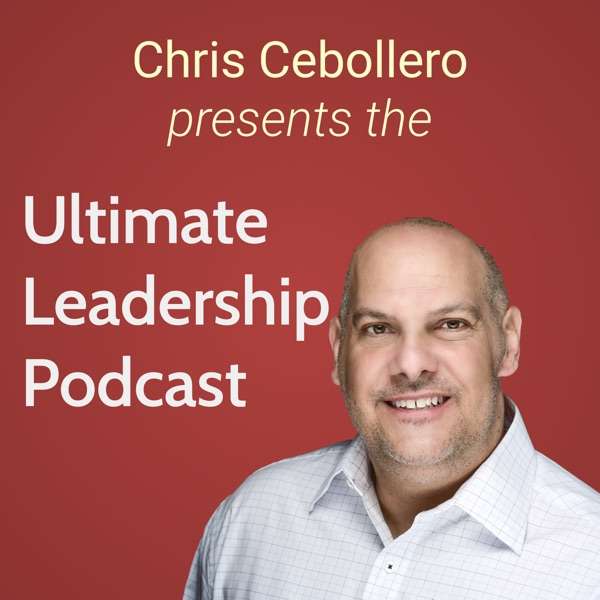Looking for expert advice on fractional leadership? Look no further! Join host Adam Larson and guest Ben Wolf as they dive into the world of fractional executives. Ben is the founder and CEO for Wolf's Edge Integrators, a premier fractional COO organization. From fractional CFOs and CMOs to COOs and beyond, Ben will share his insights and experiences on how to hire, manage, and maximize the impact of fractional leaders. Get ready for engaging discussions, practical tips, and real-world examples that will revolutionize how you approach leadership in your business. Don't miss out and listen today!
Full Episode Transcript:
Adam: Welcome back to another episode of Count Me In. I'm your host, Adam Larson. And in today's episode, we have special guest, Ben Wolf. Joining us to discuss the fascinating concept of fractional leadership. Ben is the founder and CEO of Wolf's Edge Integrators. A premier fractional COO organization.
Today we'll explore the key factors to consider when hiring fractional executives. The benefits they bring to businesses, and even dive into some real-life examples. So get ready to uncover the power of fractional leadership, and how it can revolutionize your organization.
Ben, thank you so much for coming in on the podcast. We're really excited to talk about fractional executive leadership, today. And I thought maybe we could start off by maybe you can share some experience, some of your own experiences. That led you to discover this concept of fractional executive leadership, and how it changed your approach to leadership in an organization.
Ben: Sure, absolutely. Well, Adam, first of all, thank you for the opportunity to share about this topic. Obviously something I'm very passionate about. And I first came across it when I was in this business that I first grew up in, entrepreneurially.
I used to be a corporate bankruptcy attorney. And after I left that, I helped build this entrepreneurial business from startup. Built most of its operations, it was a healthcare startup, until we had over 130 people and we were the largest healthcare agency of our category, in the entire state of New York.
it was really quite a journey. And ways into that, what we and the other members of the leadership team realized is that all of us were figuring out this business for the first time. It was the first time any of us had been running a business of our size before.
I mean, we'd been employees in larger corporate businesses or cogs in the machine, at various places. But the first time, actually, running a business of our size before. I mean, let's say when we're 50, 75, 100 people, we had never done this before.
And, so, everything that we're doing, we're reinventing the wheel, at a certain point. We hired an EOS implementer, to help us use this management system called Entrepreneurial Operating System. So we tried to get help and consultants, usually, just felt like they just put together some big report and spent dozens and dozens of hours with us, and members of our team, and just would deliver this report and say, "Good luck." Now, I just call that drive-by consulting.
What I just realized is, you know what, sometimes that's what you need. But, sometimes, you need somebody that's, actually, on your team that's, actually, part of the business and that's done it before. That's not just figuring it out for the first time like we were.
And, so, we started looking at hiring for full-time roles and, sometimes, either we were just priced out. These people are like 300 thousand, didn't necessarily make sense for this role. Or we realized we need people who've done this before, and we didn't have it.
And, so, it wasn't really till after I had left there, and I was a COO at a smaller business after that. And, then, I really discovered this concept of a fractional executive. Where you can actually get an executive on your team. That's not the trauma if it doesn't work out, or the cost of 300 thousand plus bonus, plus benefits, and everything else, of a full-time executive, who's done this before. And, also, maybe, somebody that you might be worried might be too corporate for your environment, and you could actually do that with a fractional executive.
You can get someone that's done it before. Whether it's a CFO, or a COO, or CMO, CTO, CIO, CHRO, whatever, something else, and get them on. They're part of your leadership team, they're part of your management team meetings. They have direct reports within the business.
And, so, it's like the best of both worlds. You have a high-level person that's done it before, they're on your team. They get to know your business better because they're actually part of your team on an ongoing basis. Not just consulting, "Hey, good luck." But actually managing the people and managing that department, but just doing so on a part time basis.
So I just became aware of that and, then, ultimately, started to do it myself. First as a solo practitioner, as a chief operating officer, fractional COO. And, then, ultimately, started building a team, which I have now. But that's sort of the experience I went through. It was what I learned in that business growing up, and not having someone like that, who'd done it before. That made me aware of this solution, as I learned more over time.
Adam: Yes, that's so interesting. Because if you're reading any business application, if you're reading any articles, if you're reading anything in any industry, around business, you hear this term fractional leadership. And, I think, we may have jumped the gun. So maybe we can start by defining what is fractional leadership and how does it differentiate? Because if you're listening to this and you've, maybe, heard this term thrown around. And people, probably, assume, like you were saying, maybe, it's like a consultant kind of thing, but it seems like it's more than that.
Ben: Yes, that's a great question. I basically define a fractional executive or a fractional leader, as the same as a regular executive. Because the regular executive, if you have your CMO, or your CRO, or your COO, CFO, CTO, CHRO, whatever, they're responsible for a function of the business.
The CMO was responsible for the marketing function of this business. Not one project, but the marketing of the business. The outcomes, the people, everything, just the marketing function of the business. CFO, and a lot of people listening to this, the audience, maybe CFOs or other roles in the finance, or accounting departments.
And CFO is your CFO, they're responsible for your P&L, and finding savings, and forecasting, and strategy, just like a full-time CFO. The only difference between a full-time and a fractional CFO is that they're there fractionally, and they're part time.
So it enables you to afford someone in that role, that is maybe more experienced than you could afford on a full-time basis. So if you don't need someone with a tremendous amount of experience that's been CFO for decades, at multiple businesses, or a CMO at various businesses. If you don't need that, then, fine, you can hire a CMO a...

 Our TOPPODCAST Picks
Our TOPPODCAST Picks  Stay Connected
Stay Connected







